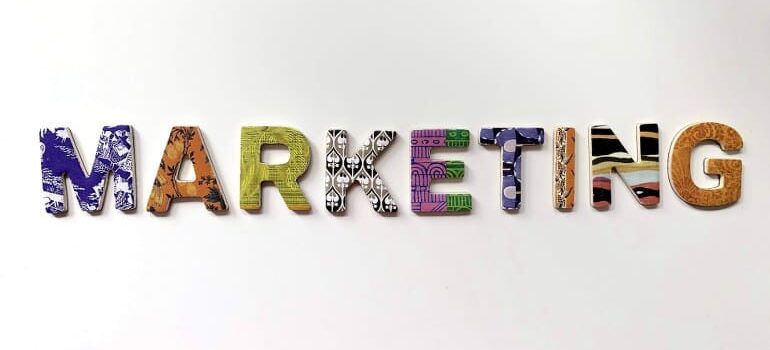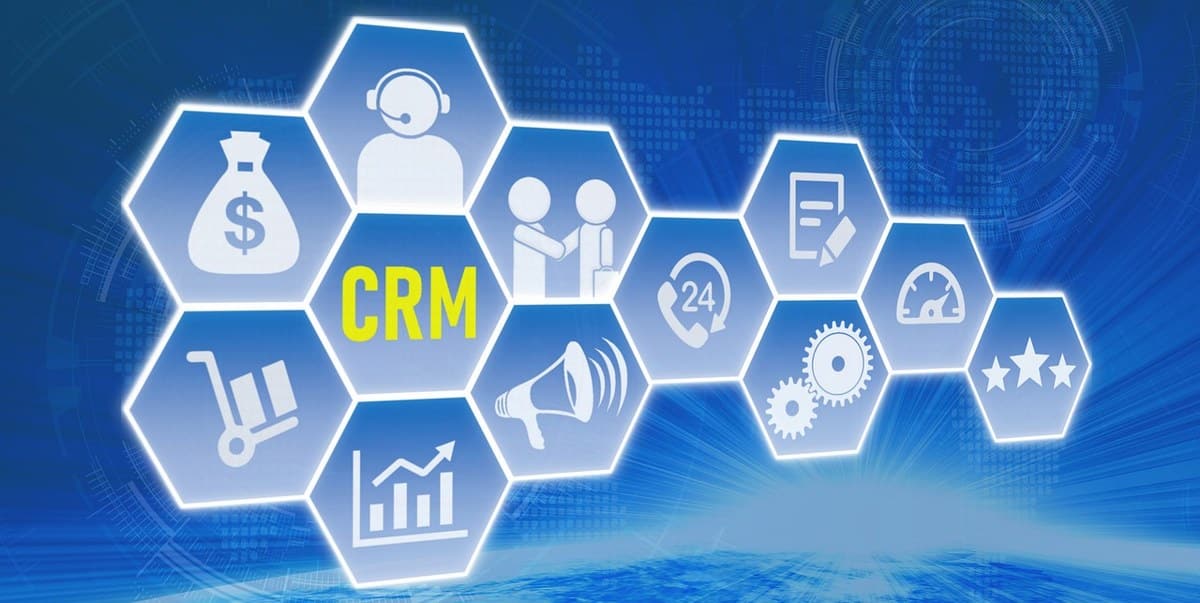There are plenty of modern systems that help businesses function better. Some focus on customer interactions and customer engagement. Others focus more on production and sales. Unfortunately, no all-in-one system can cover all your needs. Therefore, depending on how your moving company functions, you might look to invest in different scenarios. We will use this article to go over the most commonly used systems in the moving industry and explain the differences and benefits between SCM vs CRM.
Understanding CRM
First, we will cover the system you are likely familiar with. To keep things brief, we won’t go into too much depth. If you wish to know more about CRM for packers and movers, feel free to read our other articles.
CRM stands for Customer Relationship Management. As the name suggests, this is the software you use to manage your customer relationship. You do this by tracking customer behavior when interacting with your brand. By using a CRM system, you are supposed to learn two things. First, you are supposed to learn as much as possible about your customers. And second, you are supposed to find new ways to engage them. As you can imagine, an effective strategy built on CRM can do wonders for customer engagement and significantly boost customer satisfaction and customer retention.

Understanding SCM
SCM stands for Supply Chain Management. With it, you can streamline your supply chain and achieve optimal performance. When compared one to another, supply chains can be drastically different. Companies need to find a suitable SCM for their line of work. In general, you can expect that your SCM will have the following:
- Order processing
- Syncrohisation aid
- Product inventory management
- Sales and product distribution
- Supply and demand forecasting
- Relationship tracking
These features will enable you to optimize your ongoing supply chain and improve it for future dealings.
SCM vs CRM – key aspects
Even now, it should be evident that there is a notable difference between SCM and CRM. The first enables you to set up a decent supply chain and ensure that your customers get their products. The second helps you manage customer needs and aids you in outlining what your customer base is like. So, should every moving company have both, or do you need only one? And, if you compare SCM vs CRM, which one is more important to get? Well, let’s take a closer look.
Product management vs customer management
Product management is primarily used by companies that tackle a lot of sales. You’d want to get many items into customers’ hands as quickly as possible if you have many things in circulation. This not only increases customer satisfaction but also stands to lower your overall running costs. Therefore, having a well-managed supply chain is in your best interest. If you are dealing with a relatively small number of sales, this shouldn’t be much of a problem. But, the more sales you have, the more critical it is that you have multifaceted systems managing your supply chain.

Unfortunately, while providing customers with items in a reasonable period is essential, it is by no means the end-all when it comes to customer management. Especially when it comes to running a moving company. A vast majority of moving companies are service, not product based. Therefore, their main priority should be to meet customer demands and needs. Not to try and provide them with products like packing supplies.
Completing sales vs driving sales
The best way to compare CRM and SCM is to say that SCM help in completing sales, and CRM help in driving sales. A sound SCM system will help you improve the sales process, improve delivery times and remove bottlenecks. Meanwhile, a CRM system functions best as lead tracking software for moving companies. It helps you find customers and drive sales to meet customer needs.
Cost streamlining vs generating revenue
When moving companies need to find new ways to generate revenue, they usually turn to CRM. With it, you can find new ways to market your brand and, hopefully, engage new customers. CRM email marketing for moving companies is one of the best ways to improve brand presence and engage customers.

Meanwhile, if you feel your supply chain is not cost-efficient enough, you might opt for an SCM. Through it, you can perform in-depth analytics of your supply chain and find areas that can be improved. Improvements in a supply chain can sometimes halve a company’s running costs. Not to mention that they will enhance the average delivery time.
Which one should you opt for?
Ideally, every company should have both CRM and SCM. Having them will ensure that your customers are taken care of and that your supply chain functions at total capacity. But unfortunately, not all moving companies can afford a CRM and an SCM system. In addition, some of these systems can cost hundreds of dollars monthly operation costs. Therefore, you will likely have to choose between SCM vs CRM.
In our view, moving companies should sort out their customers first and foremost. As we stated before, most moving companies are service-based. Selling products is an excellent commodity. But, it is likely not something you rely too much upon. Therefore, opt for a CRM unless you have a big sales operation. For the most part, you will be able to manage your supply chain without a robust SCM system. And, if your sales increase and your supply chain need improvement, you will quickly get one. Meanwhile, customer satisfaction and brand recognition aren’t something you should deal with only once your company becomes profitable. In practice, it is paramount that you deal with customers in a planned way to grow a brand.
Stay Informed
Subscribe for industry
news & updates
"*" indicates required fields

